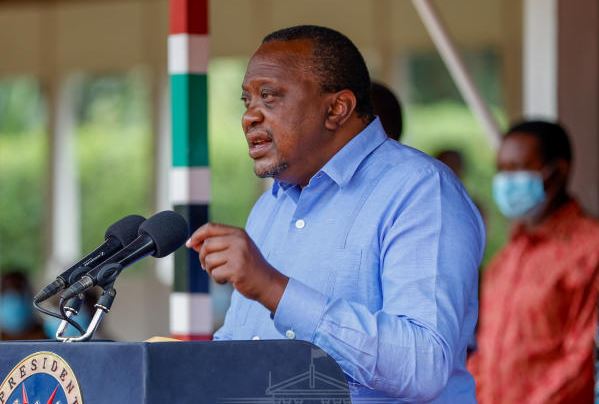×
The Standard e-Paper
Fearless, Trusted News

Two weeks after my last address to the nation, I have been compelled by medical and empirical evidence to revise the measures we took to curb the spread of the virus in the country.